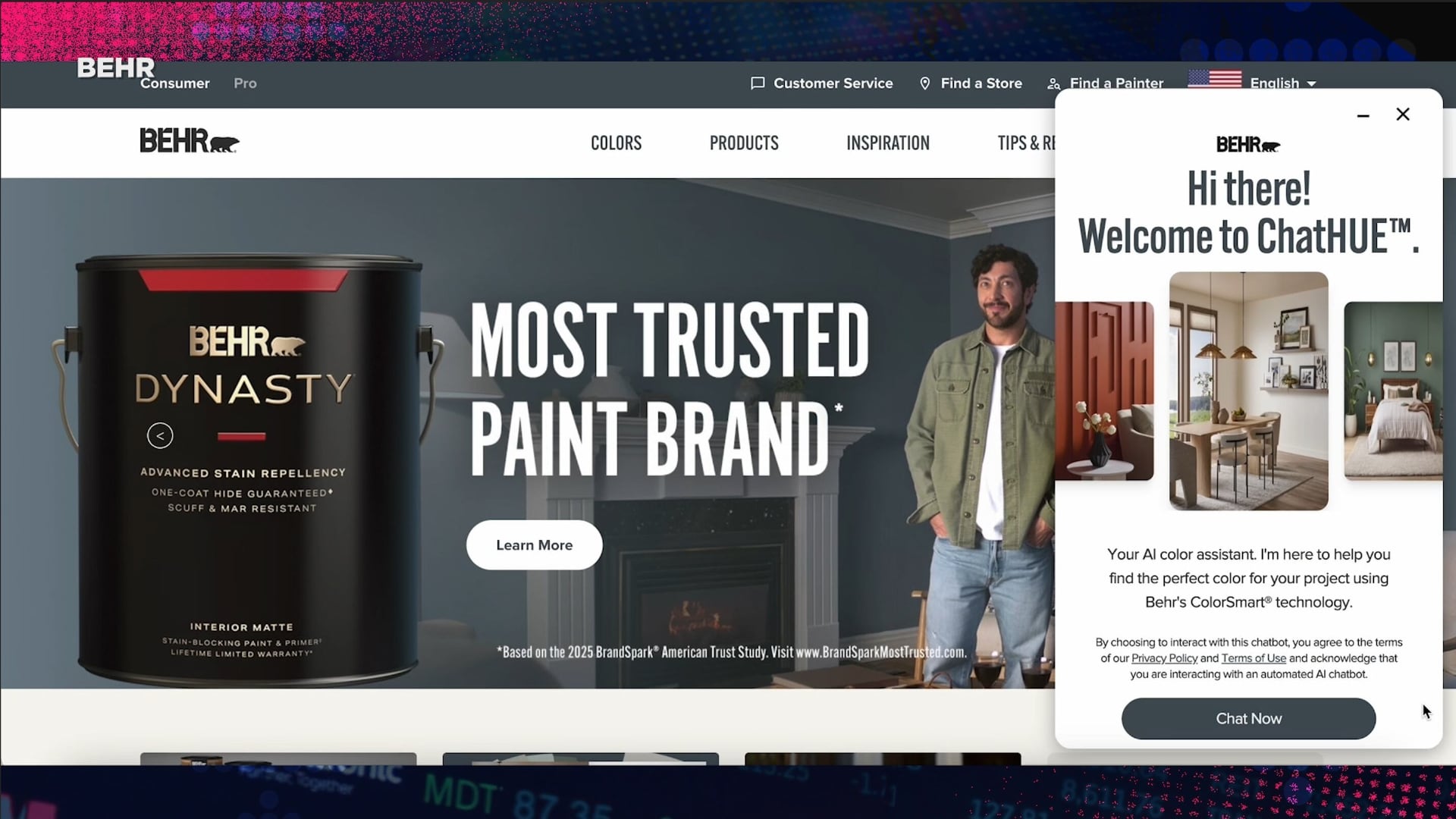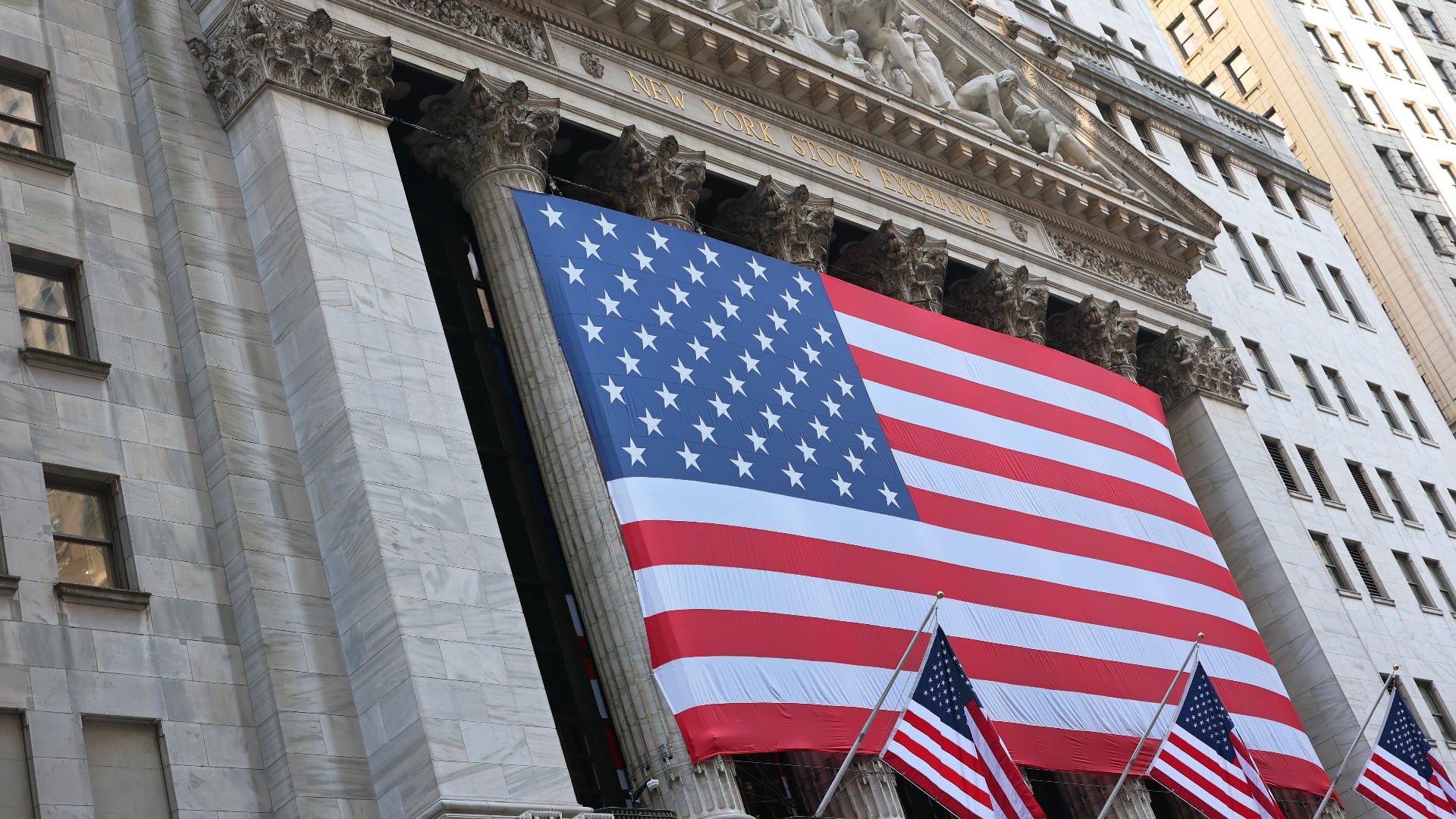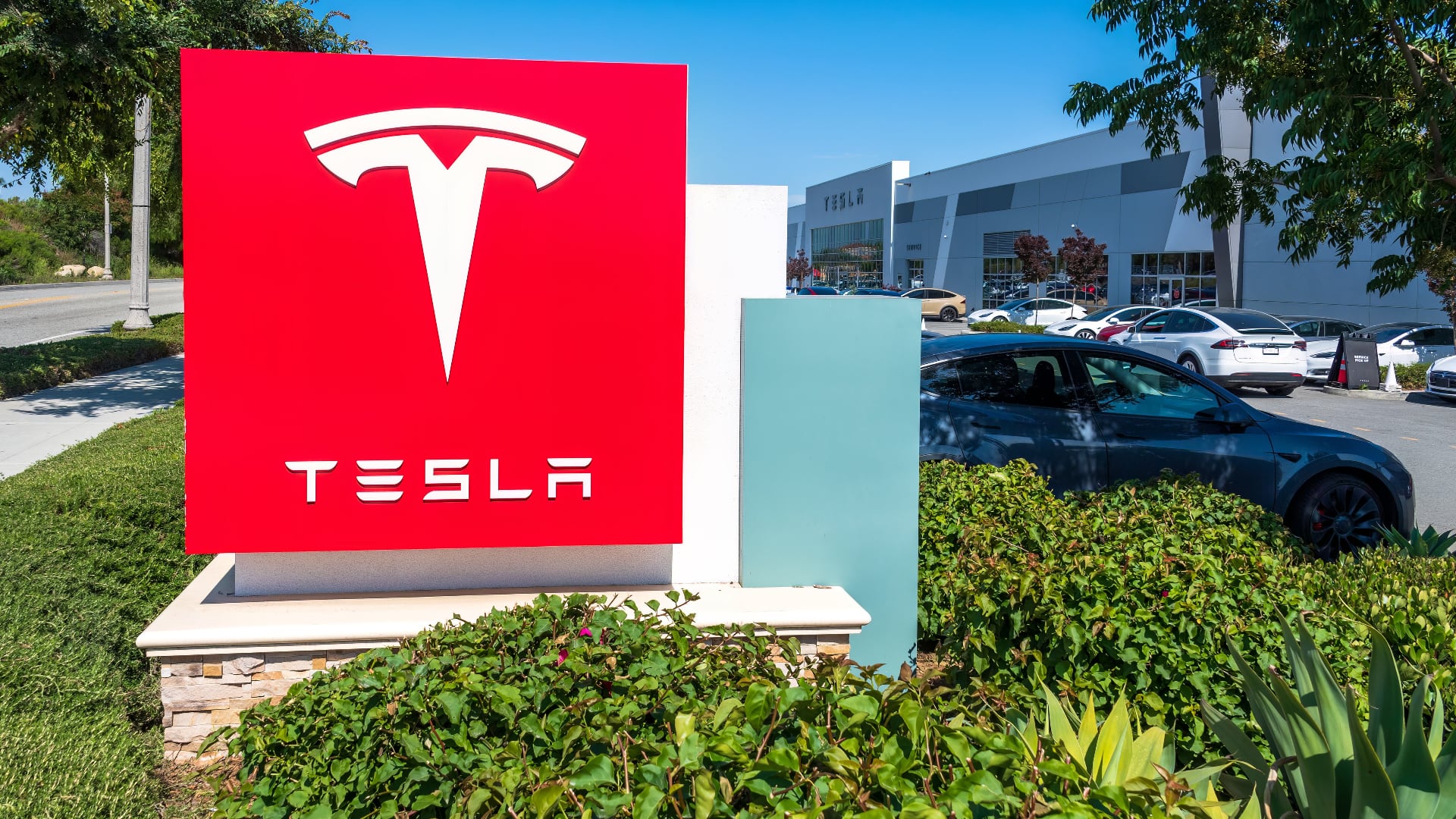*By Carlo Versano* Mozilla is looking to capitalize on consumers' increased awareness of data privacy with new anti-tracking features built into the latest version of its Firefox browser. The new tools are part of Mozilla's commitment to giving "agency" back to the user, COO Denelle Dixon said Thursday in an interview on Cheddar. The "[Enhanced Tracking Protection](https://blog.mozilla.org/blog/2018/10/23/latest-firefox-rolls-out-enhanced-tracking-protection/)" features make it more difficult for websites to use "cross-site tracking" ー that familiar experience users have of an ad following them around the web. Dixon said users of the new browser tools may find that parts of some websites or certain ads may appear broken, but the ETP can be turned off for specific, frequently visited sites ー or disabled altogether. Mozilla has positioned itself as the champion of user privacy rights since its earliest days competing with pre-boxed web browsers like Safari and Internet Explorer. But the rise of Google's ($GOOGL) Chrome browser has eaten into Mozilla's Firefox. Mozilla has far fewer revenue streams ー a chunk of its profits come from revenue-sharing agreements with companies like Google to make its search engine the default ー and depends on user support. It is experimenting with new revenue streams as part of the new ETP features, such as offering a subscription to a VPN service from within the browser. Asked whether it posed a challenge for Mozilla to partner with Google on search even as it competes head-to-head with Chrome, Dixon said: "We want to give users what they want." And users want Google search. But as Google faces pressure from regulators, politicians, and users about its own tracking and data practices, Mozilla sees an opening to promote its privacy bona fides. Dixon calls it the "no surprises rule." "The bottom line ー users shouldn't be surprised about what's happening with their data," she said. For full interview [click here](https://cheddar.com/videos/mozilla-coo-on-privacy-and-security-in-the-age-of-big-data).












